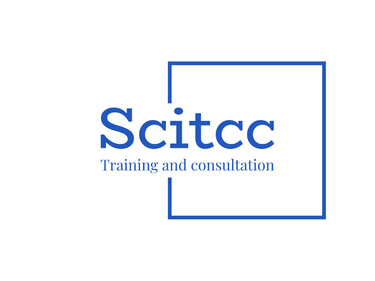
Modern Trends in Strategic Excellence
Modern Trends in Strategic Excellence
$3500.00
Day 1: Basic Concepts of Strategic Excellence
Topics:
Definition of strategic excellence and its importance in the modern business environment.
Principles of strategic thinking.
Characteristics of strategically distinguished institutions.
The relationship between strategic excellence and institutional performance.
Objectives:
Understanding the fundamentals of strategic excellence.
Ability to evaluate current strategies.
Day 2: Modern Tools and Techniques in Strategic Excellence
Topics:
Strategic analysis tools (SWOT, PESTLE, Porter's Five Forces).
Using data and analysis in strategic decision making.
Innovation techniques in strategic planning.
Digital transformation applications in achieving excellence.
Objectives:
Proficiency in using analytical tools.
Developing innovation capabilities in strategy building.
Day 3: Building and Formulating Modern Strategies
Topics:
Steps to formulating a successful strategy.
Linking vision, mission, values and strategic objectives.
Define key performance indicators (KPIs).
Practical examples from international organizations.
Objectives:
Gain strategy formulation skills.
Prioritize strategic objectives.
Day 4: Managing and Implementing Strategies
Topics:
Planning for strategic implementation.
Managing resources to achieve strategic excellence.
Monitoring and evaluating the implementation of plans.
Dealing with strategic challenges and obstacles.
Objectives:
Develop an effective implementation plan.
Learn how to adapt to challenges.
Day 5: Modern Trends and Future Foresight in Strategic Excellence
Topics:
Modern trends in strategic management (artificial intelligence, sustainability).
Preparing for future changes in the business environment.
The role of leadership in promoting strategic excellence.
Interactive workshop to apply the acquired concepts.
Objectives:
Learn about the latest global trends.
Promoting forward-thinking in strategic excellence.
Target groups of the course
Executive directors and board members.
Department and team managers.
Strategic management consultants.
Entrepreneurs and business owners.
Learning method:
Interactive lectures.
Practical case studies.
Practical workshops.
Group discussions and discussion panels.
Individual and group performance evaluation activities.


